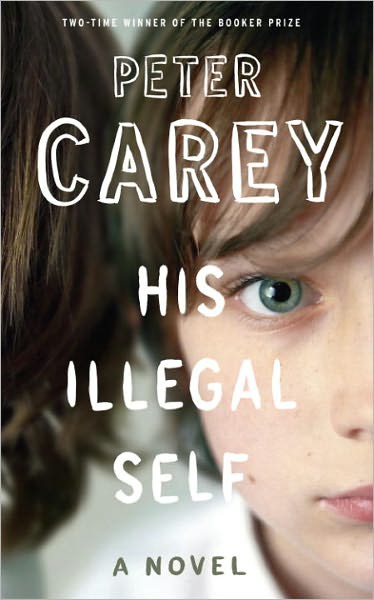
His Illegal Self PDF
Preview His Illegal Self
Carey, who has made a career out of boring into the psyches of scoundrels, delivers a cunning fugitive adventure set largely in the wilds of Australia. Raised by his boho-turned-bourgeois grandmother on New York's Upper East Side, Che Selkirk, seven years old in 1972, hasn't seen his Weathermenesque parents since he was a toddler, but when a young woman who calls herself Dial walks into Che's apartment one afternoon, he believes his mother has finally come. Within two hours, Dial and Che are on the lam and heading for Philly as Che's kidnapping hits the news. Unexpected trouble strikes, and soon the boy and Dial, who doesn't know how or if to tell Che that she is only a messenger who was supposed to escort him to meet his mother, land in a hippie commune in the Australian outback. The novel sags as Dial, with the help of local illiterate feral hippie Trevor, tries to make the primitive living situation work; the drama consists largely of commune infighting and the travails of living without running water, but the narrative eventually regains its thrust and barrels toward a bang-up conclusion. While this novel lacks the boldness of Theft or the sweep of Oscar and Lucinda, it's still a fine addition to the author's oeuvre. (Feb.)
Copyright © Reed Business Information, a division of Reed Elsevier Inc. All rights reserved.
Adult/High School—It is 1972 and seven-year-old Che Selkirk, the son of radical parents he has never met, lives in isolated privilege with his well-to-do grandmother. Denied access to television and the news, he picks up scraps of information about his outlaw mother and father from a teenage neighbor who assures Che that his parents will come and "break you out of here." When a woman named Dial arrives at the boy's Park Avenue apartment to take him on a day excursion, he assumes that she is his mother. Unfortunately, things go terribly awry and Che becomes a fugitive himself. He and Dial end up in the Australian bush in an inhospitable commune. Carey uses a stream-of-consciousness style that poignantly communicates Che's confusion about his life on the lam and what he really wants. The explosive conclusion is worth the wait as the author vividly portrays the hardscrabble, primitive life of a group of hippies in his native Australia. Young adults will appreciate His Illegal Self for its main character-an orphan by circumstance-who struggles to understand his predicament and ultimately gains not only wisdom, but also the love he has sought.—_Pat Bangs, Fairfax County Public Library, VA_
Copyright © Reed Business Information, a division of Reed Elsevier Inc. All rights reserved.
